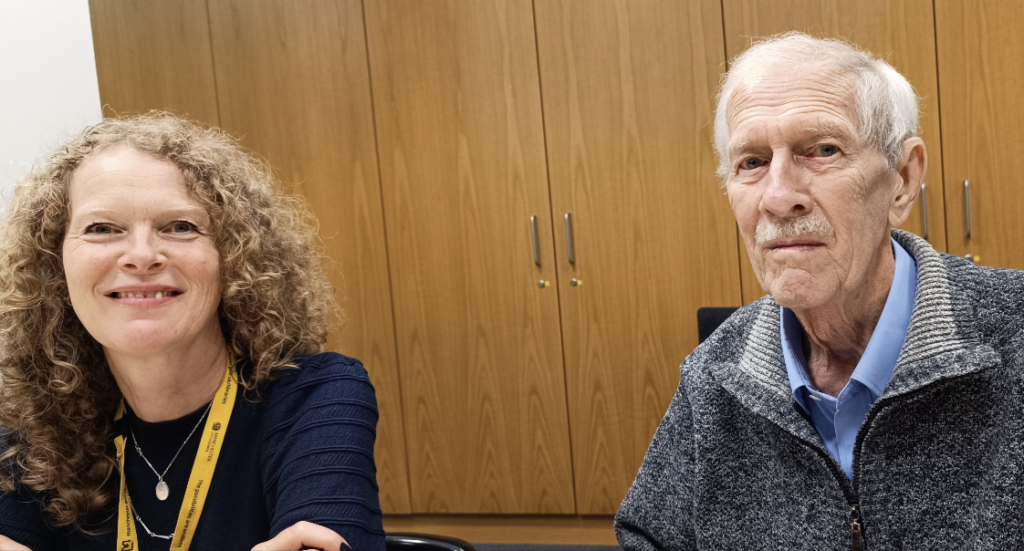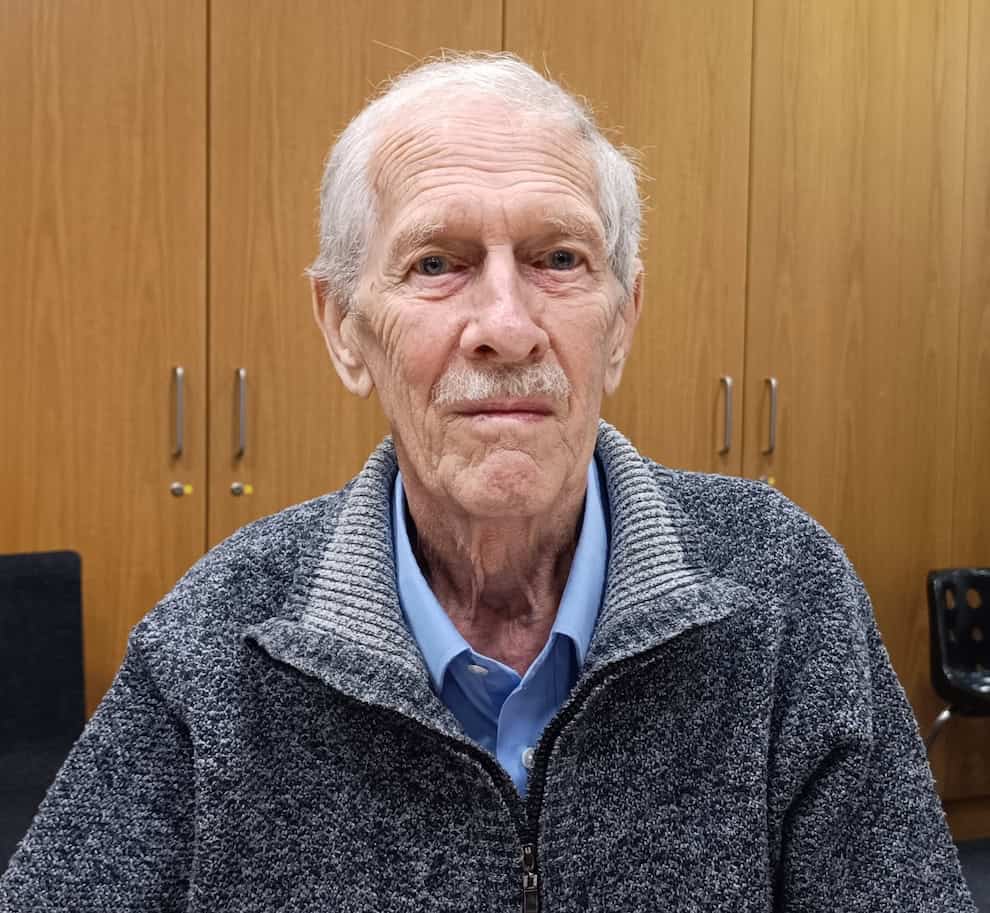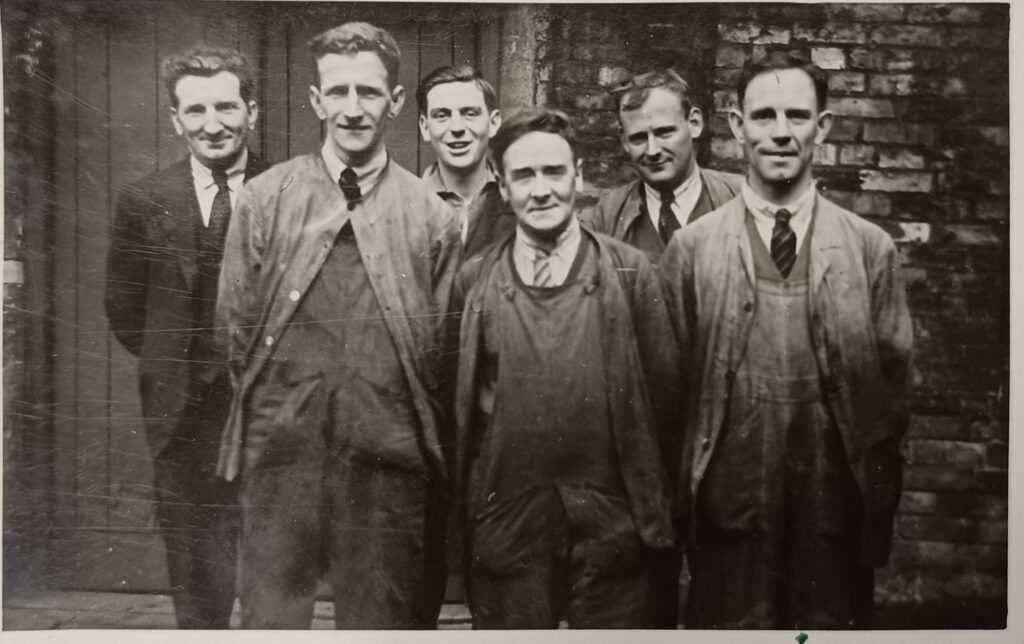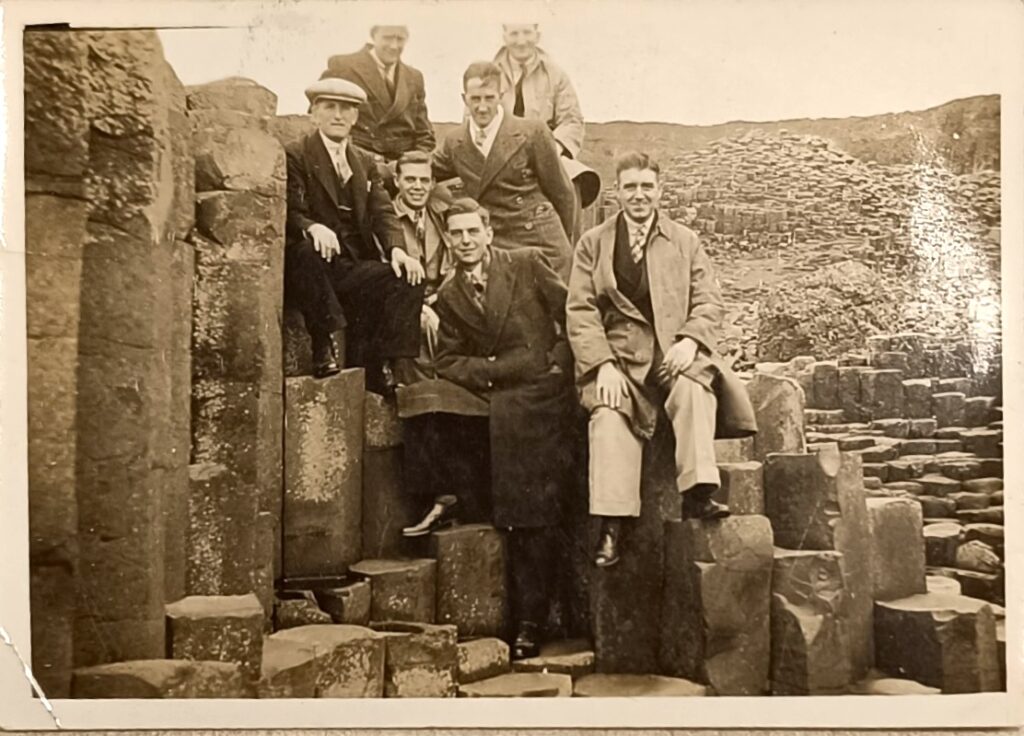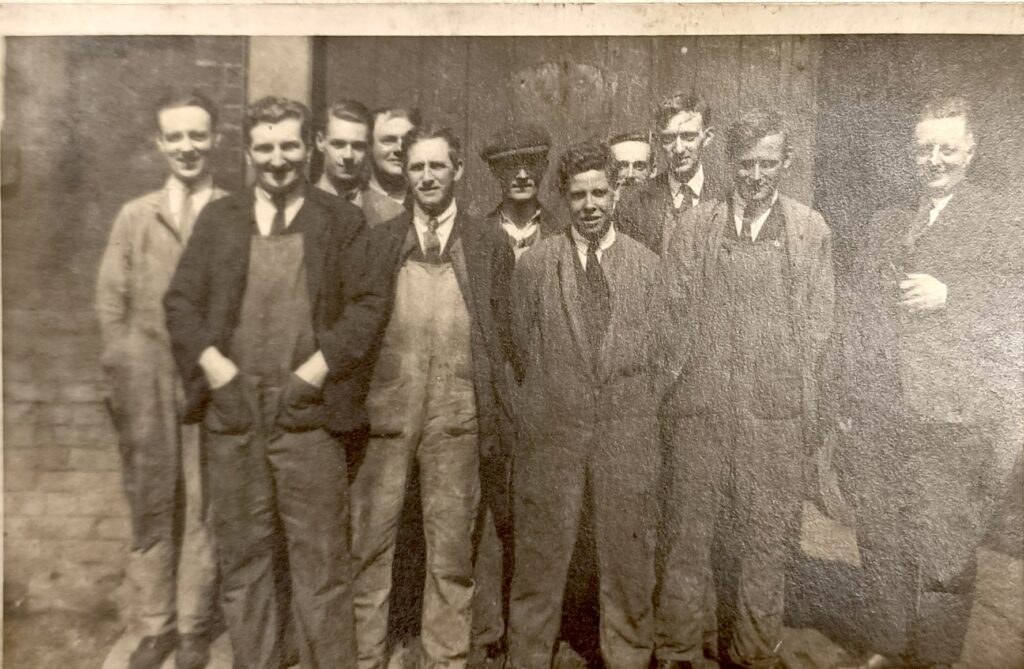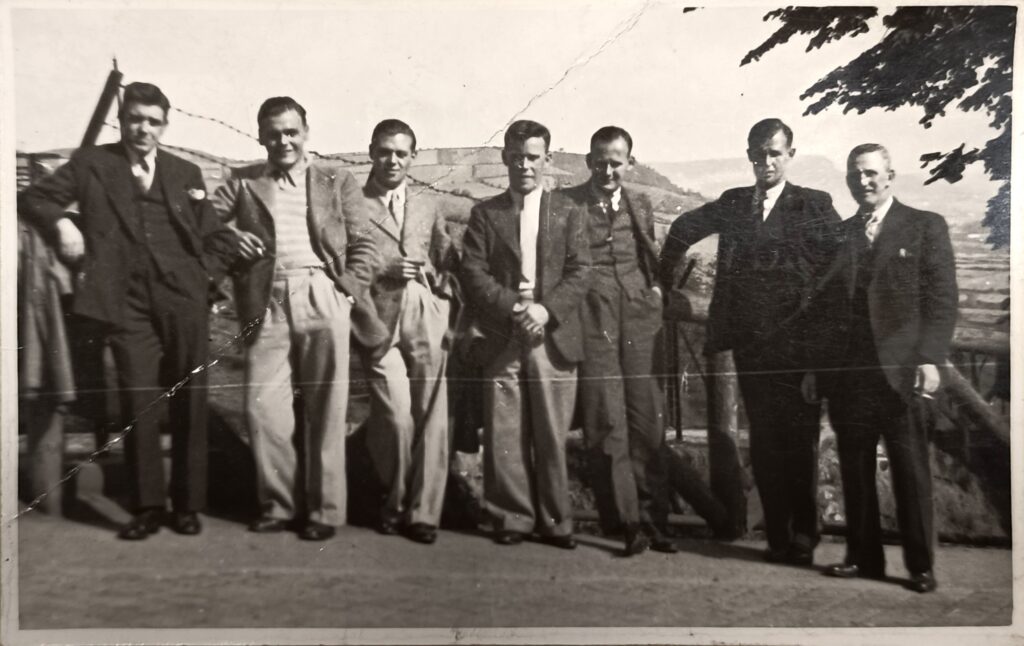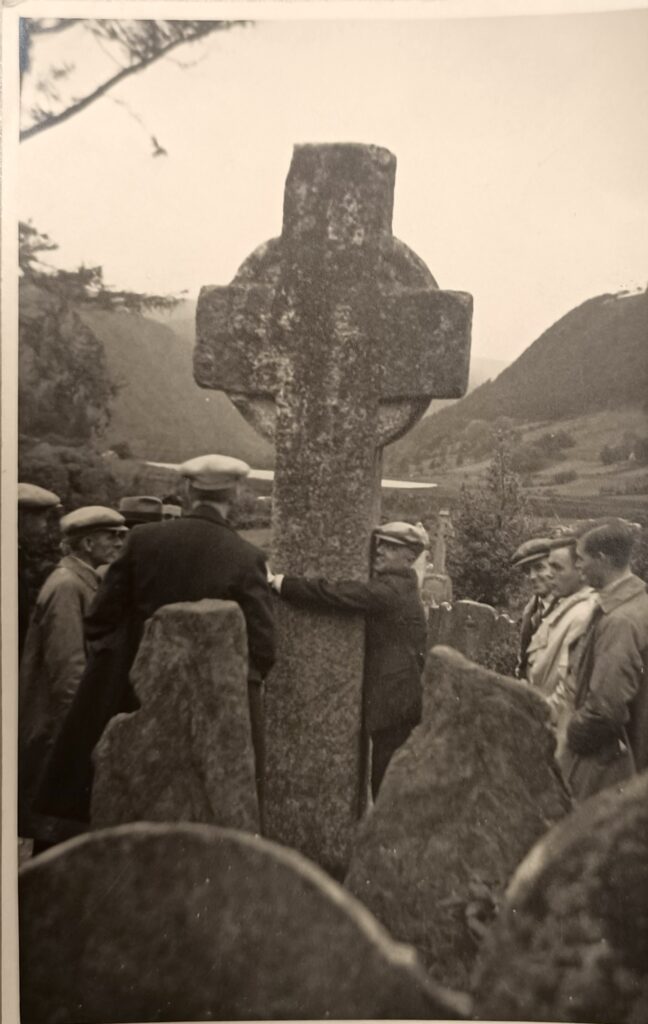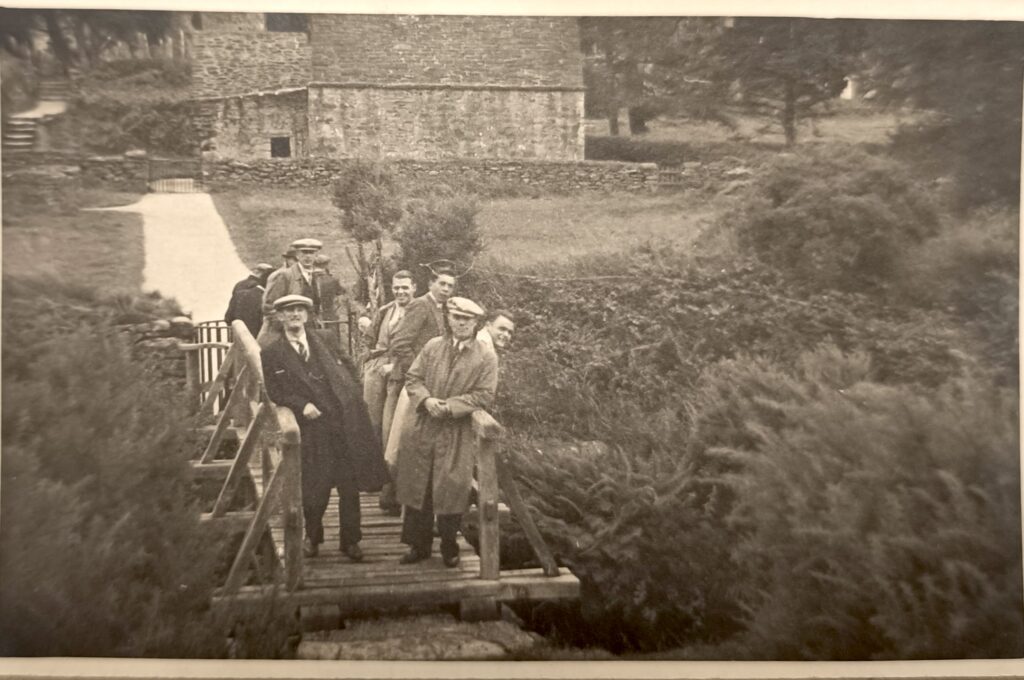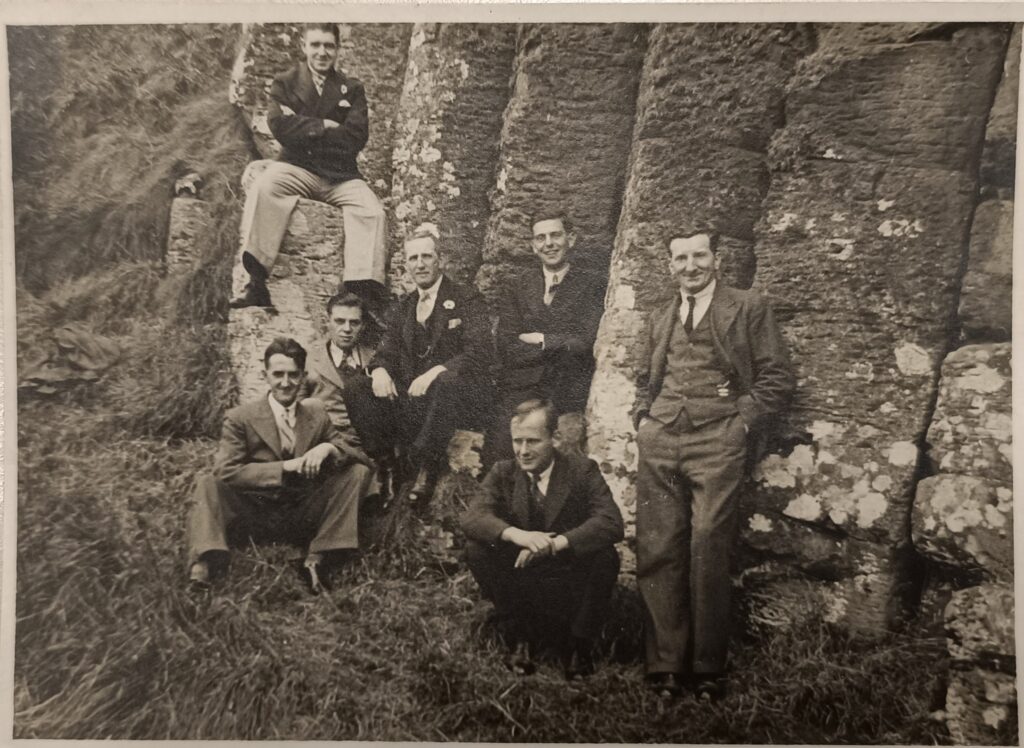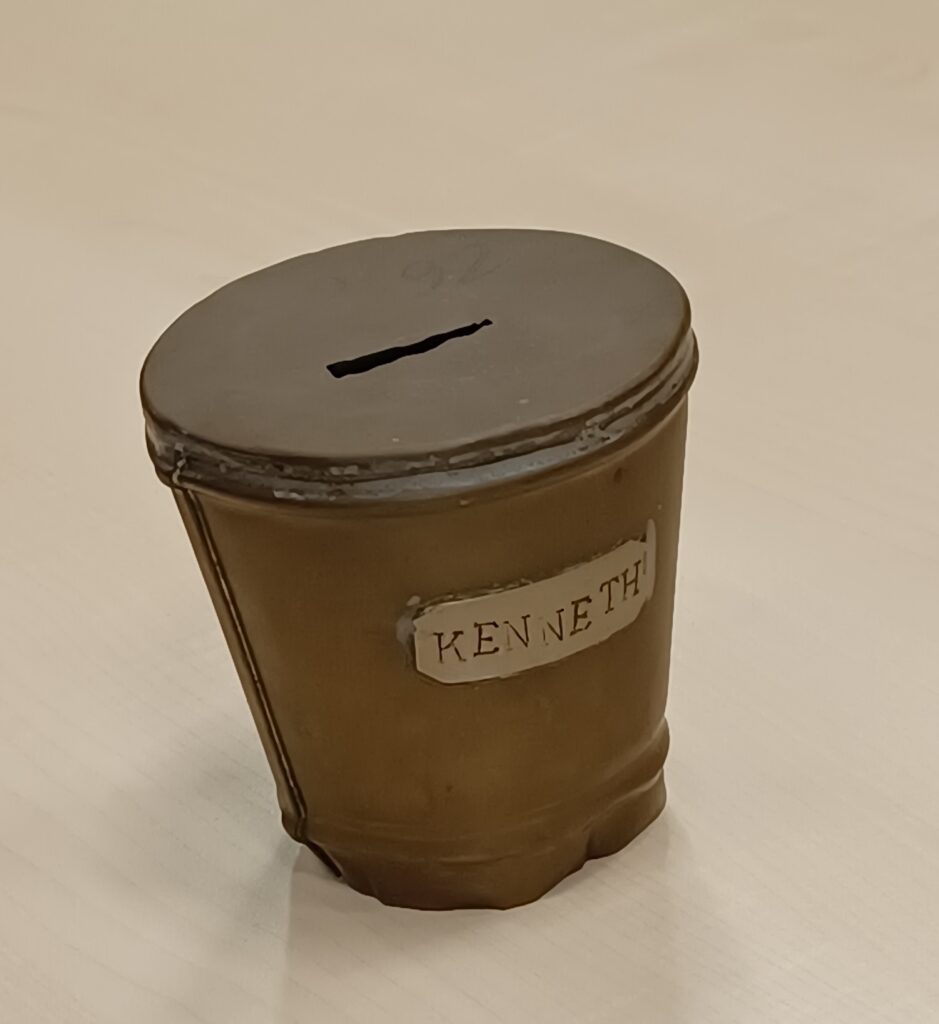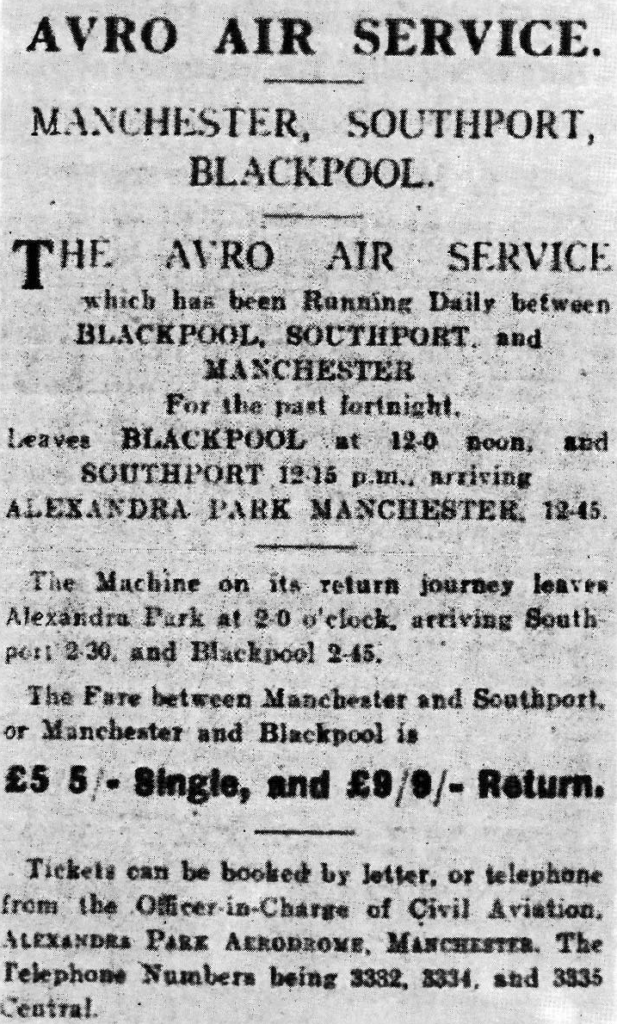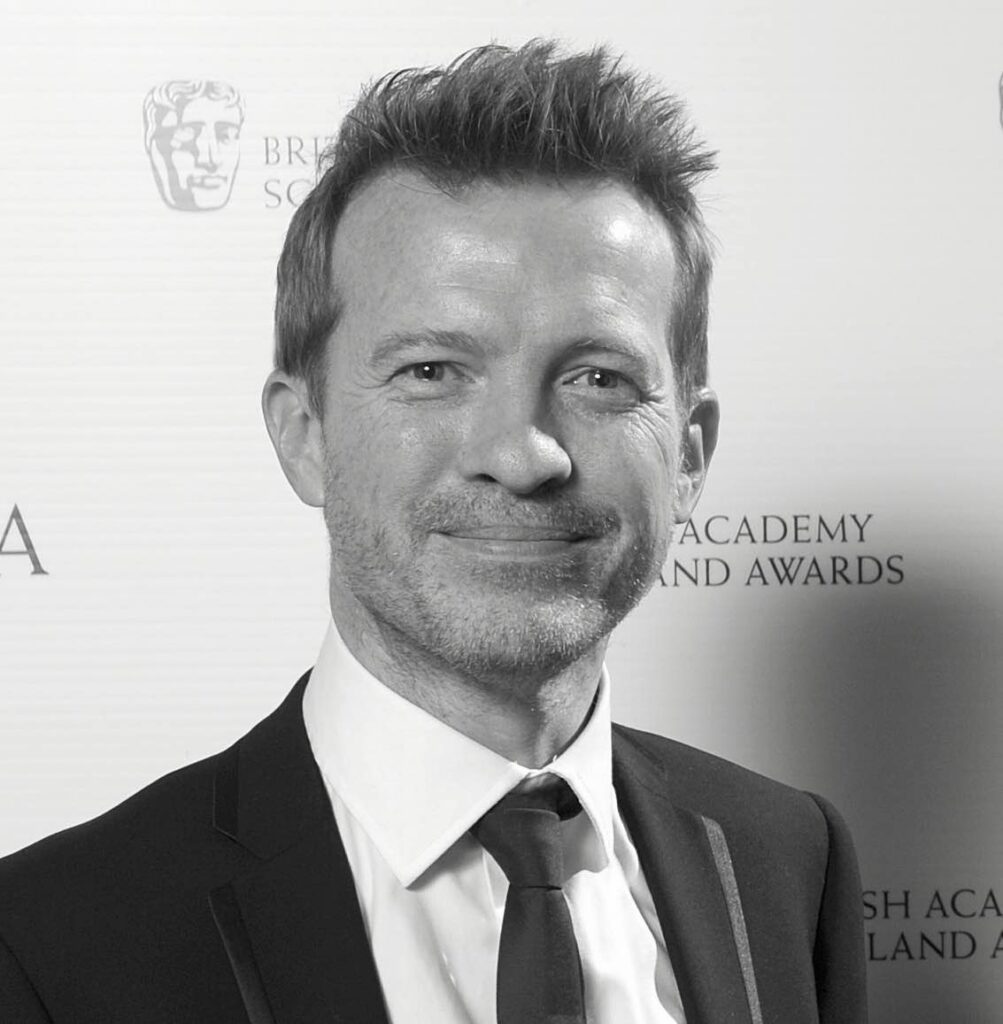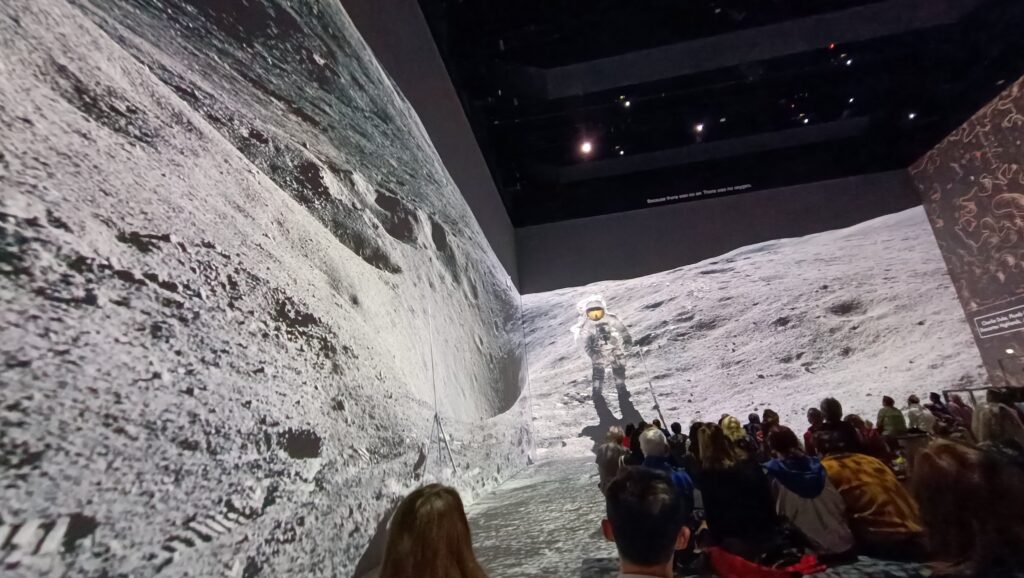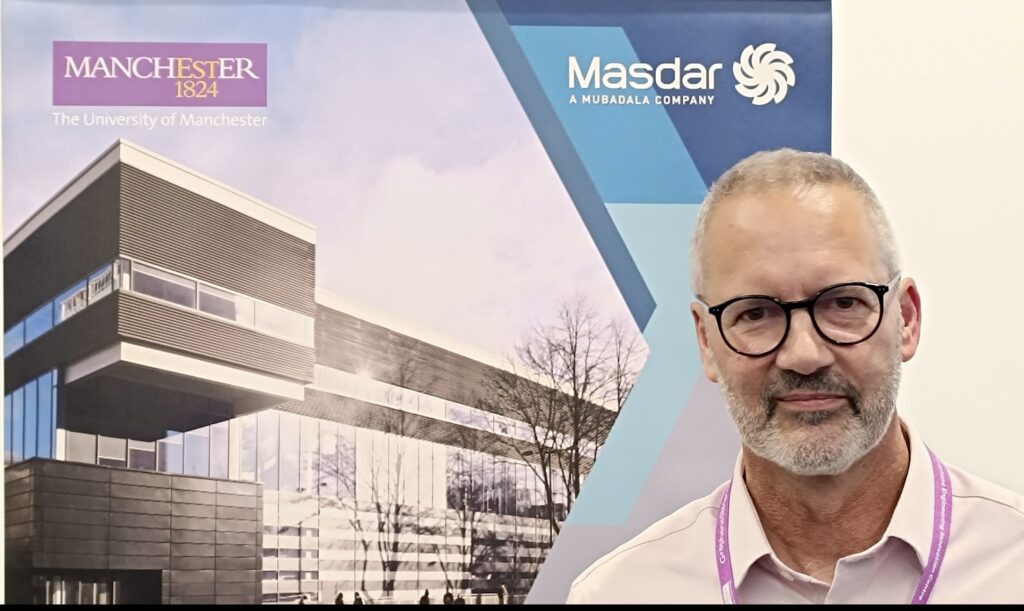
Professor James Baker, CEO of Graphene@Manchester, describes Manchester’s journey to commercialise the Nobel Prize-winning discovery of Graphene.
In this conversation, recorded at the University of Manchester Graphene Engineering and Innovation Centre, Professor Baker explains the steps Manchester (the City and the University, with support from central government and foreign investors) is taking to nurture startups, SMEs and established industries in developing a commercial ecosystem centred on the applications of Graphene. He describes the unique role of the UoM, the National Graphene Institute and the GEIC.
Some of the discussion points include
The following summary repeats the emphasis points you requested, condensing each into approximately a 10-word sentence, supported by comprehensive citations from the source material:
- Graphene was isolated in Manchester in 2004, and its discovery won the Nobel Prize in Physics.
- Manchester continues its history of innovation, fulfilling the “discovered in Britain” vision.
- Extraordinary properties (e.g., 200 times stronger than steel) drive an industry “pull” philosophy.
- Commercial applications include batteries, sensors, coatings, composites, and sustainable construction materials.
- The National Graphene Institute (NGI) focuses on accelerating fundamental 2D material science with low Technology Readiness Level (TRL).
- The GEIC is “industry-led but academic-fed,” accelerating high TRL commercialisation with know-how.
- The Manchester Model (NGI/GEIC) helps companies navigate and accelerate through the “valley of death”.
- The GEIC has fostered over 70 startups, many of which are now scaling up and opening factories.
Podcast: Play in new window | Download (Duration: 1:11:52 — 58.7MB) | Embed
Subscribe: Apple Podcasts | Spotify | RSS | More
